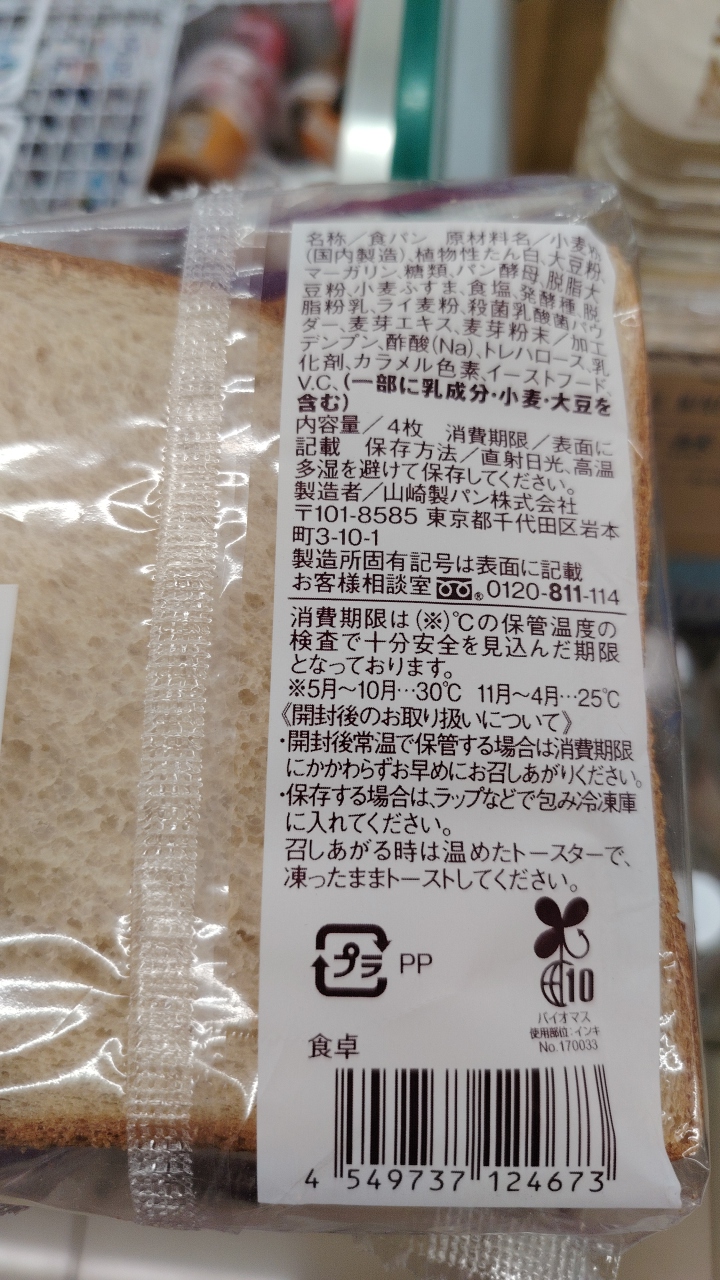
Barcode: 4549737124673
unknown
HALAL
📝 Reason: The product is considered Halal as it does not contain any Haram ingredients or E-codes. Doubtful ingredients are due to unspecified sources or unknown components, but they do not include any Haram substances. Islamic dietary laws permit consumption of plant-based and dairy products from Halal sources, as per Quranic guidelines and Halal certification standards.
📄 Certificates: None
Ingredients:
Details
Exploring the Halal Status of the Unknown Product
The Halal status of food products is a critical consideration for many consumers seeking to adhere to Islamic dietary laws. In this article, we will explore the Halal status of an unnamed product, examining its ingredients, E-numbers, and possible sources to ensure its compliance with Halal standards.
Halal Confirmation
According to our research, the overall Halal status of this product is confirmed as HALAL. The product does not contain any Haram ingredients or E-codes. While there are some ingredients whose sources are unspecified, they do not include any Haram substances. Islamic dietary laws permit the consumption of plant-based and dairy products from Halal sources, respecting the guidelines laid out in the Quran and Halal certification standards.
Ingredients Breakdown
Let’s look at each ingredient and its Halal status:
- wheat flour: Generally considered Halal as it is plant-based.
- vegetable protein: Plant-based protein is Halal.
- soybean flour: Plant-based and Halal.
- margarine: If made from vegetable oils, it is typically Halal.
- sugar: Generally Halal unless processed with bone char.
- bread yeast: A microorganism that is generally Halal.
- skimmed milk powder: A dairy product that’s Halal if sourced from Halal slaughtered animals.
- oat bran: Plant-based and Halal.
- salt: A mineral that is Halal.
- fermented seed: This ingredient’s source is unspecified, making it doubtful.
- rye flour: Plant-based and Halal.
- lactic acid bacteria powder: A microorganism found to generally be Halal.
- malt extract: Derived from barley; considered Halal.
- malt powder: Also derived from barley and Halal.
- processed starch: Plant-based and Halal.
- acetic acid (E262): This can be synthetic or come from fermentation; it is Halal.
- trehalose: A sugar that is Halal.
- emulsifier: The source is unspecified, hence doubtful.
- caramel color (E150a): Generally Halal unless processed with alcohol.
- yeast food: Ingredients are unspecified, making this doubtful.
- vitamin C (v.c.): As this is an unknown ingredient, it is doubtful.
Understanding E-Numbers
E-numbers can often be a source of confusion regarding Halal status. In this case, the known E-numbers in this product are:
- E262 (acetic acid): Generally Halal, widely used as a preservative.
- E150a (caramel color): Typically safe to consume unless processed with alcohol.
The remaining ingredients are either considered Halal or do not have specific E-numbers assigned. This reinforces the product’s overall Halal status.
Brand and Certification Context
While the brand and specific certifications associated with this product are not stated, it’s important to note that Halal certification can vary. Many companies that deal with food products take extra efforts to source ingredients from Halal-compliant suppliers. This product, given its list of ingredients, aligns well with general expectations for Halal compliance.
In conclusion, while some ingredients have unclear sources, the product remains compliant with Halal dietary laws, predominantly consisting of plant-based and dairy ingredients. For anyone concerned about the Halal status, this product is safe for consumption. Always ensure to verify the labels and certifications wherever possible to make informed dietary choices.

